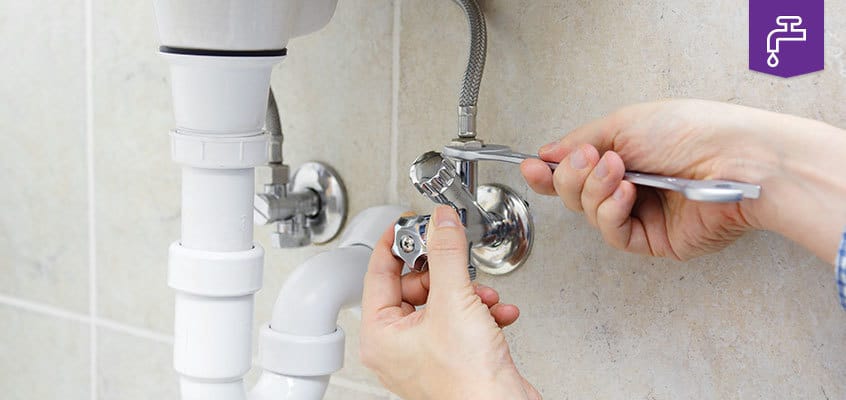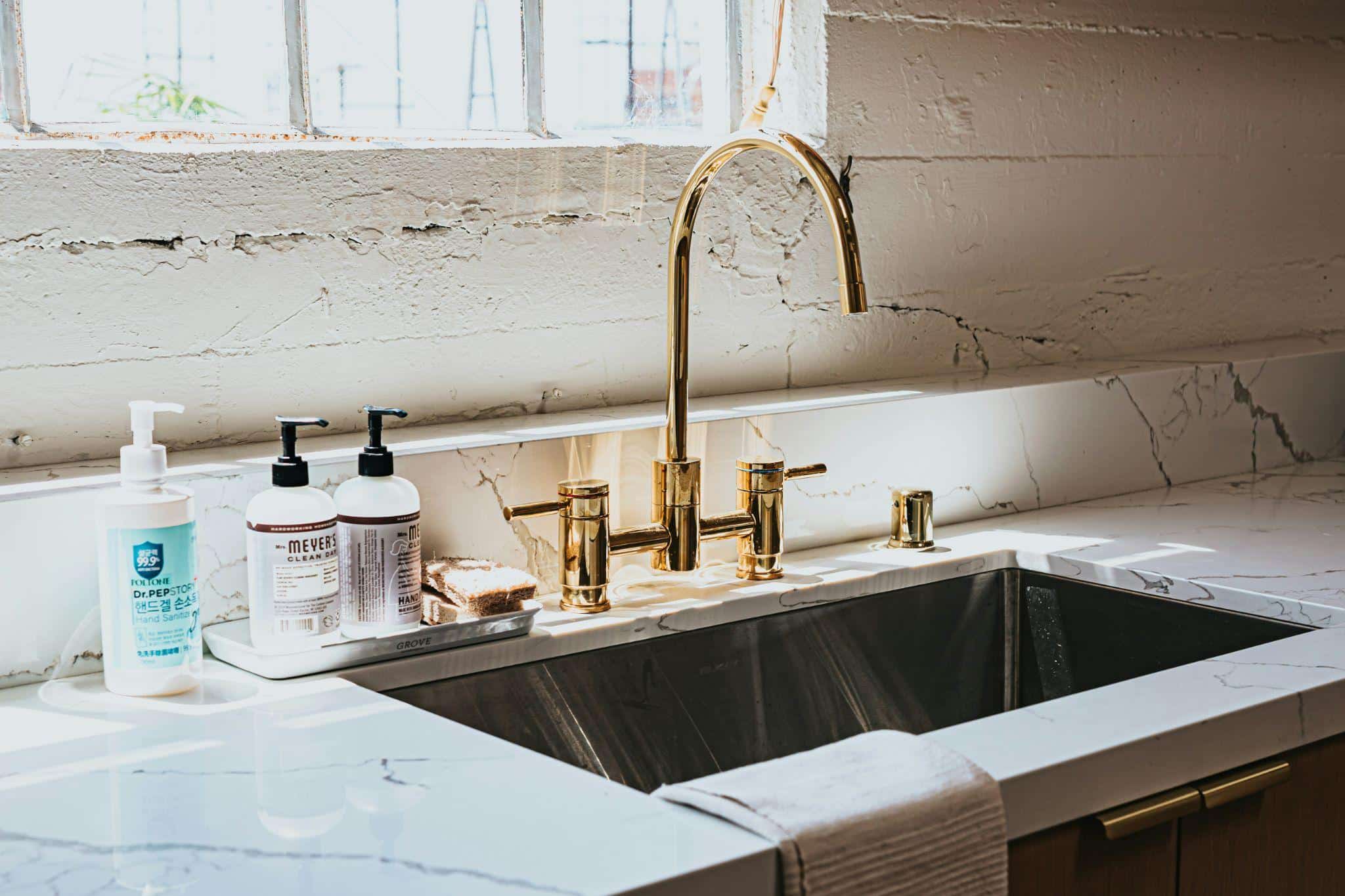Regular plumbing maintenance is crucial for preventing costly repairs and extending the lifespan of plumbing systems. As a homeowner, ensuring your plumbing system performs optimally should be one of your top priorities. This guide offers valuable pointers to help you maintain the functionality of your plumbing system.
Routine Inspection
Regular inspections can help identify possible issues early on and prevent them from worsening. Inspect your pipes, fixtures, faucets, toilets, showers, and appliances connected to your plumbing system. Check for signs of leaks, rust, corrosion, or any damages, however minor. Be sure to inspect the drainage for clogs and other draining issues as well.
Test your water pressure to ensure it’s within the normal range. While you can perform the inspection yourself, it is best to seek assistance from experienced and highly skilled plumbers such as those at Water Pros Plumbing.
Professional plumbers can save you energy and time, especially if you’re not confident in your abilities. Exert effort to build a healthy relationship with them, as plumbing emergencies are inevitable, even with extensive preparation.
Identifying and Fixing Leaks
Leaks are among the most common plumbing issues in residential homes. A minor leak can cause high water bills and significant damage to your home. If left unaddressed, leaks can cause structural damage to your beloved home, weakening its foundation and other essential components, ultimately compromising your family’s safety.

In addition to checking your sinks for leaks, be sure to inspect your appliances as well. Check the areas surrounding your water heater, dishwasher, washing machine, and refrigerator for puddles or water stains. If you notice significant leaking, turn off the water line and address the leaks right away.
Proper Cleaning
Regularly clean your drains and fixtures to prevent build-up and clogs. Flush hot water in your drains once a week to remove residue that may cause build-up. Make sure to use hot and not boiling water to prevent damage to your pipes.
Rinse your kitchen sink thoroughly and use a baking soda and water solution to clean stubborn stains. Use a soft cloth or sponge when cleaning your sink, and remember to scrub gently. Dry your kitchen sink surface with a dry cloth. To remove existing clogs, you can use a drain snake, plunger or boiling water.
For your bathrooms, be sure to remove hair, soap, and other debris from your shower as they can accumulate and lead to clogs. Clean the mirrors, surfaces and remove mineral deposits from your showerheads. Avoid disposing of items in your toilet bowl, and scrub it gently yet thoroughly with a plastic brush.
When cleaning, avoid using cleaning materials with harsh chemicals, as they can significantly cause damage to your pipes. Use natural solutions or enzyme-based alternatives instead, as they are more environment-friendly and safer.
Preventative Measures
Adopting preventative measures is key to the longevity and efficiency of your plumbing system. Install water softeners and filters to protect your pipes and fixtures. Take the necessary steps to prepare your plumbing for extreme weather conditions and seasonal changes.
Insulate your pipes, especially if you live in a location with low to freezing temperatures. Leaving them exposed can lead to frozen water in your pipes, causing your pipes to burst, translating to costly repairs.
Insulate the pipes in your attic, basement, and other areas of your home that are susceptible to cold temperatures. Before winter, remember to turn off and drain your outdoor faucets. When going on a vacation during winter, leave your heater on. The last thing you want is coming to frozen or broken pipes.
As discussed earlier, while inspecting your plumbing system independently is feasible, working with professionals is highly recommended. Scheduling regular plumbing inspections is one of the basic yet effective ways to ensure your plumbing system operates without a hitch.
Practice Sustainable and Proper Habits
Your family’s habits play an integral role in keeping your plumbing system in excellent condition. Educate your loved ones on the significance of maintaining your plumbing, proper water usage, and why they should not use the toilet bowl or kitchen sink as garbage containers.
Make sure that your drains are clean and free from debris or anything that can block your pipes. Dispose of cooking oil, food remnants, and other waste properly, and refrain from throwing them in the sink, however small they may be.
Only flush toilet paper and human waste in your toilet bowls, as plumbing pipes are designed to manage them and nothing else. If you’re unsure of the quality of your toilet paper, it is best to throw it in the trash can.
Endnote
Proper maintenance of your plumbing systems is a vital task that should be given utmost importance. By following these key practices and seeking the help of professionals, you can ensure that your plumbing system remains in optimal condition, providing safety and comfort for your home and family.

